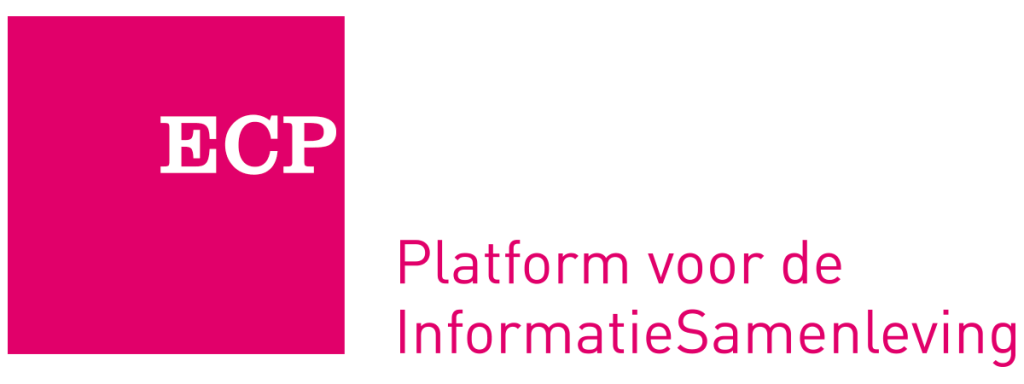27-11-2023
The entire afternoon progressed successfully. The presentations were informative, and there was plenty of room for interaction. The conversation remained active throughout the afternoon, facilitated through statements, opportunities for questions after presentations, and during networking breaks.
Welcome by moderator Thijs van den Hout
Thijs opens the afternoon, welcomes everyone, and invites Martijn Peijer to kick off with the first presentation.
Presentation Digital Disruption: Hacktivism and DDoS
Martijn Peijer, an Ethical Hacker, Cybersecurity, and OSINT Expert working for Rijksoverheid.
The presentation begins by defining Hacktivism; “A person who gains unauthorized access to computer files or networks in order to further social or political ends.”
The presentation covers targets, various hacktivist groups, and the methods employed in attacks, with DDoS attacks being the most well-known. It delves into major cyberattacks carried out by hacktivists globally in recent years and provides a technical perspective on how a DDoS attack operates. The presentation concludes with tips for organizations to protect themselves against DDoS attacks, including timely updates, infrastructure testing, fingerprinting, and accurate logging. Click here for the presentation slides.
Presentation DDoS and NaWas
Simon Kuhn, affiliated with NBIP.
NBIP is a foundation with a mission to improve the internet for everyone, presents NaWas, the so-called ‘washing machine’ that protects 2.5 million .nl domains, 1.6 million websites, and 13 million IP addresses.
NaWas, originally a national service, now has members from eight countries. Simon explains how NaWas operates and details its approach to DDoS mitigation, including pre-filtering high volumes of traffic. The presentation encourages newsletter sign-ups for updates on attack statistics and insights, such as a recent rise in small-scale attacks and attacks with high PPS (parts per second in millions). Click here for the presentation slides.
Presentation PrePeering into the Darkness: The Use of UTRS in Combating DDoS Attacks
Dr. Yury Zhauniarovich, a professor at TU Delft
Yury discusses Unwanted Traffic Removal Service (UTRS) and its role in combating DDoS attacks. UTRS, a free, global, and easy-to-join alternative to RTBH, is explored along with highlights from UTRS datasets. Findings reveal that DDoS attacks are typically short-lived, with 21% lasting less than 5 minutes, while the longest recorded is 4 days, 18 hours, and 55 minutes. Additional findings from datasets are available in the accompanying presentation. Click here for the presentation slides.
Closing
Thijs van den Hout concludes the day and the event transitions to the closing reception. You can find more information on nomoreddos.org and follow us on LinkedIn.

